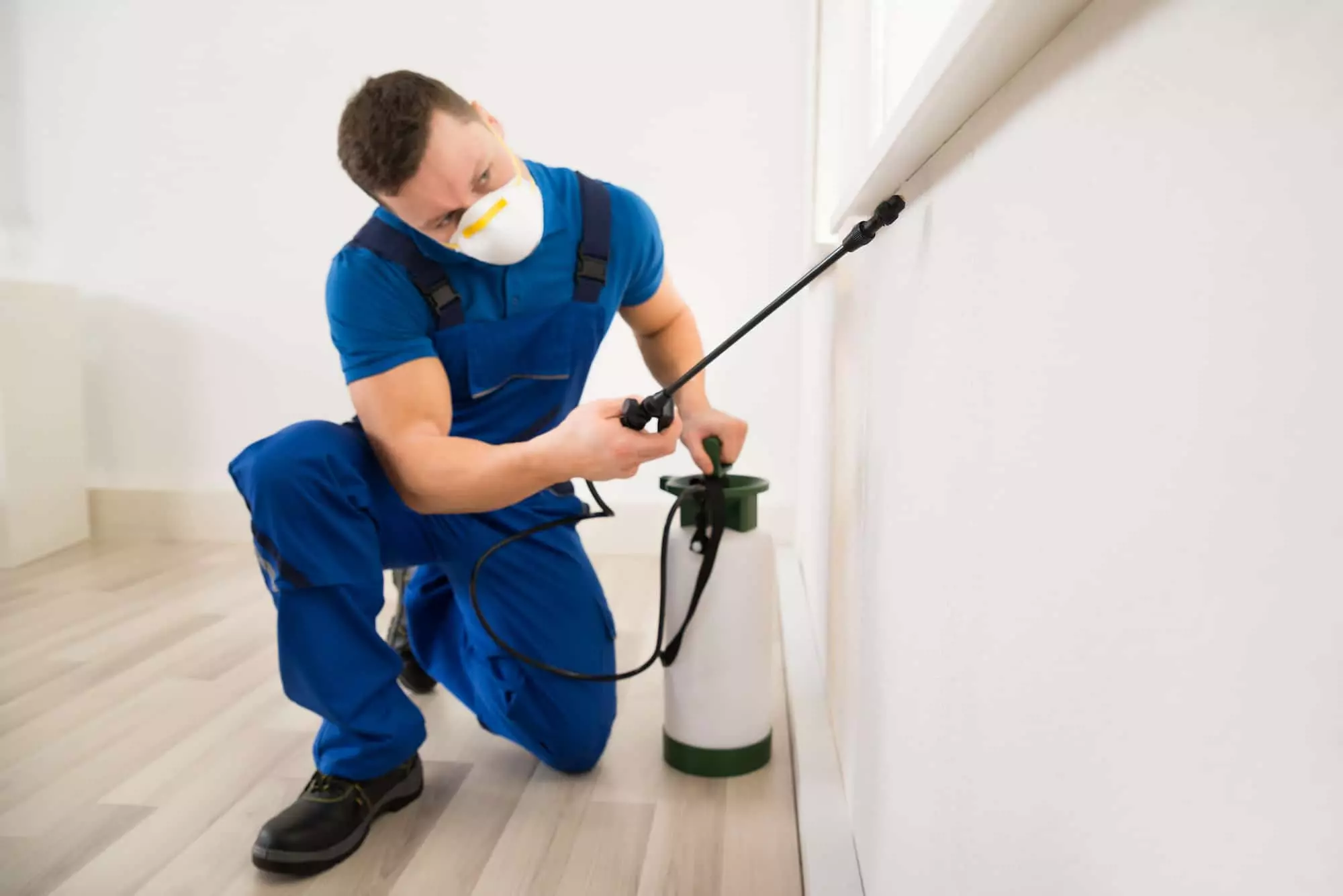Experienced Coquitlam Exterminator for Comprehensive Pest Removal
Experienced Coquitlam Exterminator for Comprehensive Pest Removal
Blog Article
Safe and Trustworthy Pest Control for Lasting Protection
Reliable pest monitoring needs a complex technique that stabilizes environmental integrity with the demand for reliable pest suppression. The nuances of these methods may not be quickly clear, triggering a closer evaluation of the methods that can lead to sustainable insect control end results.
Recognizing Insect Control Techniques
Parasite control includes a selection of approaches aimed at managing and removing unwanted bugs and rodents that can intimidate both health and property. Comprehending these techniques is crucial for effective pest management.
The main groups of bug control methods include mechanical, organic, and chemical methods. Mechanical methods involve physical barriers and catches to avoid insect entry and capture undesirable varieties. As an example, utilizing screens on windows or utilizing sticky traps can dramatically lower bug populaces without presenting hazardous compounds.

Chemical parasite control is often one of the most acknowledged approach, using chemicals to get rid of pests. These chemicals can be effective but have to be utilized with caution to avoid damaging impacts on non-target types and the setting.
Advantages of Eco-Friendly Solutions
Exactly how can environment-friendly solutions change parasite control practices? The fostering of green pest control methods supplies numerous advantages, considerably boosting the performance and safety and security of pest administration.

One more benefit is the positive effect on local biodiversity. Environment-friendly services are created to target certain parasites while preserving valuable insects and wild animals, promoting a well balanced community. This technique straightens with the growing customer need for sustainable methods, boosting the online reputation of pest control carriers.
Integrated Insect Management Approaches
The application of eco-friendly remedies normally causes the adoption of Integrated Pest Administration (IPM) strategies, which even more boost bug control effectiveness. IPM is an alternative strategy that combines multiple techniques to handle bug populaces while decreasing ecological influence. This method emphasizes the use of biological, cultural, mechanical, and chemical controls, making certain a balanced and sustainable approach of pest monitoring.
One basic facet of IPM is the detailed assessment of pest activity and environmental problems. By monitoring bug populations and recognizing their life process, specialists can execute targeted treatments that disrupt the insect's habitat or lifecycle, decreasing reliance on chemical pesticides. Furthermore, cultural techniques such as plant turning and habitat adjustment can significantly lessen insect establishment and recreation.
Another vital element is the usage of biological control agents, such as helpful pests or microorganisms, which can normally reduce bug populaces. When chemical applications are needed, IPM focuses on the use of low-risk pesticides and applies them selectively, minimizing exposure to non-target organisms and people.
Including IPM techniques not just enhances parasite control effectiveness however also promotes a more secure community, aligning with the expanding demand for sustainable methods in bug management.
Safe Practices for Property Owners
Understanding the relevance of risk-free methods in pest control can encourage property owners to effectively manage insect issues while protecting their wellness and the setting. Implementing preventative procedures and safe techniques is essential in decreasing direct exposure to damaging chemicals.
Property owners need to initially assess their environment for conditions that draw in parasites, such as standing water, food, and clutter waste. On a regular basis cleaning and securing access factors can deter insects from getting into the home. Utilizing natural deterrents, such as essential oils or diatomaceous earth, can supply reliable options to chemical pesticides.
When chemical treatments are essential, house owners ought to choose products that are particularly classified as secure for residential usage. It is essential to adhere to application standards meticulously to prevent overexposure. Additionally, using targeted treatments in locations where insects are determined, as opposed from this source to covering splashing, can dramatically lower chemical use.
Lastly, keeping open communication with bug control specialists is important. House owners ought to ask about the safety and security of items used and request environmentally friendly choices whenever possible. By adopting these safe methods, home owners can create a healthier living atmosphere while properly handling bug issues.

Tips for Long-Term Security
Developing a bug administration method that emphasizes long-lasting protection can substantially enhance the performance of the safe techniques formerly discussed. To achieve this, house owners should carry out regular evaluations of their building, concentrating on hidden areas such as attic rooms, basements, and crawl areas. Early discovery of parasite activity is crucial in protecting against infestations from holding.
These methods lower attractants that draw pests into the home. Securing access points, such as fractures around home windows and doors, can efficiently obstruct prospective pest access.
Landscape design needs to likewise be taken into consideration; keeping plants trimmed and keeping a range sites in between plant life and the home lessens concealing areas for bugs. Making use of all-natural deterrents, such as crucial oils or diatomaceous planet, can further inhibit invasions without resorting to severe chemicals.
Lastly, collaborating with a specialist parasite control service for routine assessments can supply an extra layer of security. These experts can supply customized recommendations and advanced treatments, making sure that your home continues to be protected versus parasites in the long-term.
Conclusion
To conclude, risk-free and trusted bug control calls for a complex approach that stresses eco-friendly methods and incorporated parasite management. By implementing all-natural deterrents, performing normal inspections, and keeping proper cleanliness, homeowner can considerably minimize pest populations while safeguarding helpful bugs and the setting. Partnership with professional insect control solutions improves the performance of these methods, ensuring tailored services that give long lasting defense and tranquility of mind versus future problems.
Reliable insect administration requires a diverse strategy that balances ecological stability with the demand for reliable parasite reductions. The fostering of eco-friendly parasite control techniques uses numerous advantages, dramatically improving the performance and safety and security of free termite inspection parasite monitoring.The application of green solutions normally leads to the adoption of Integrated Parasite Management (IPM) methods, which better enhance insect control effectiveness. exterminator coquitlam. By keeping track of parasite populations and determining their life cycles, practitioners can apply targeted treatments that interrupt the parasite's environment or lifecycle, lowering reliance on chemical pesticides.In conclusion, safe and reliable insect control needs a multifaceted approach that highlights environment-friendly methods and incorporated insect management
Report this page